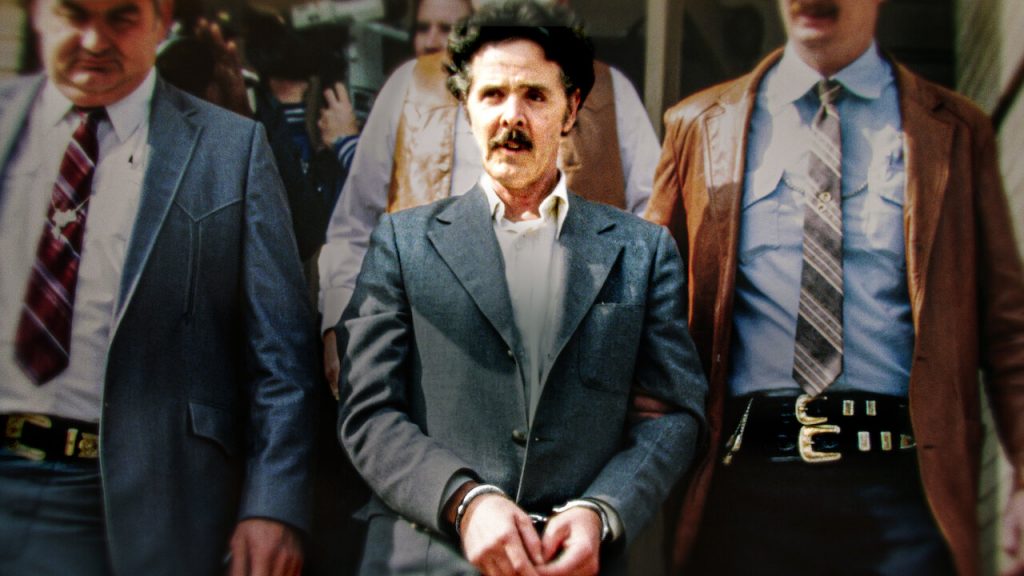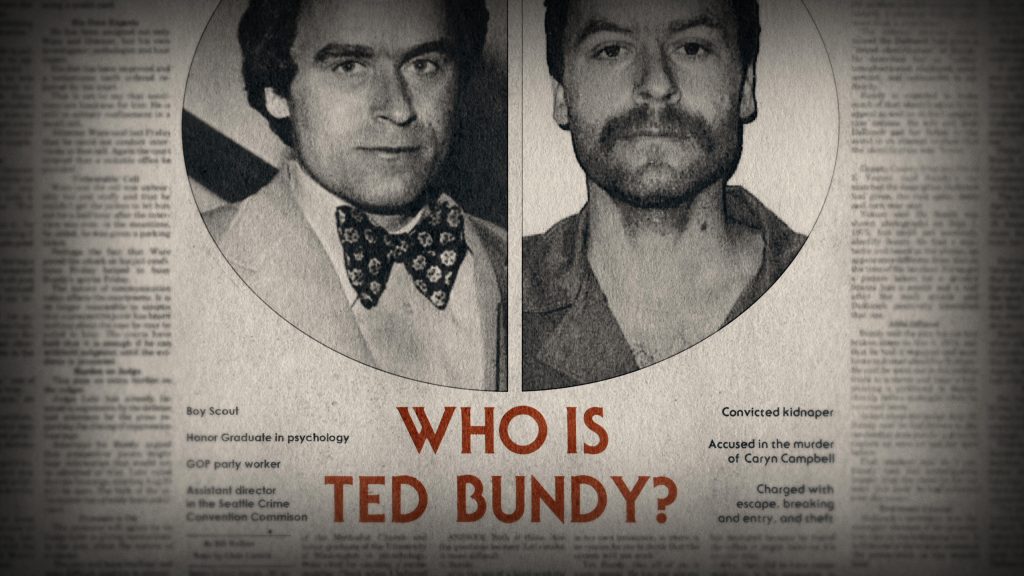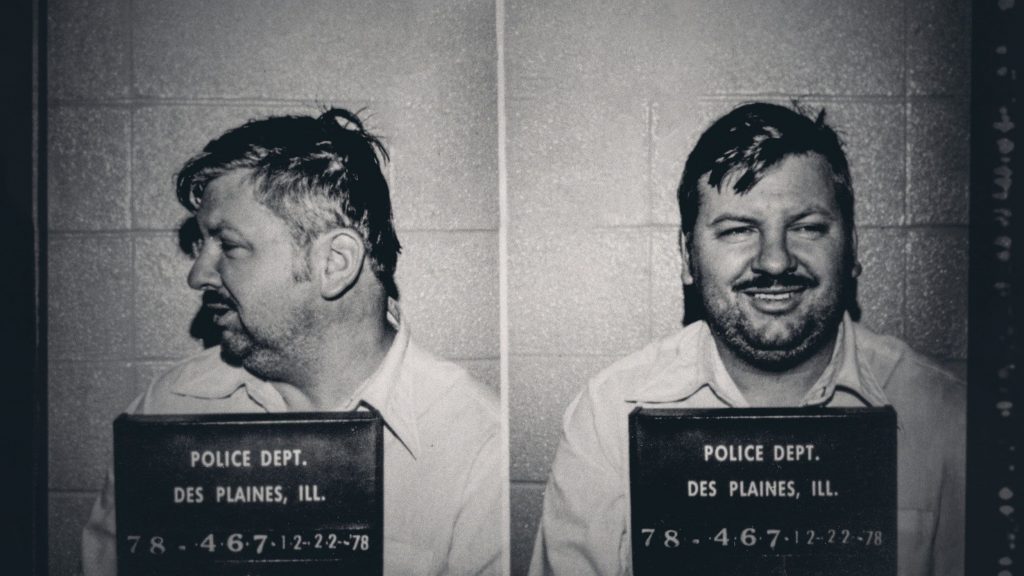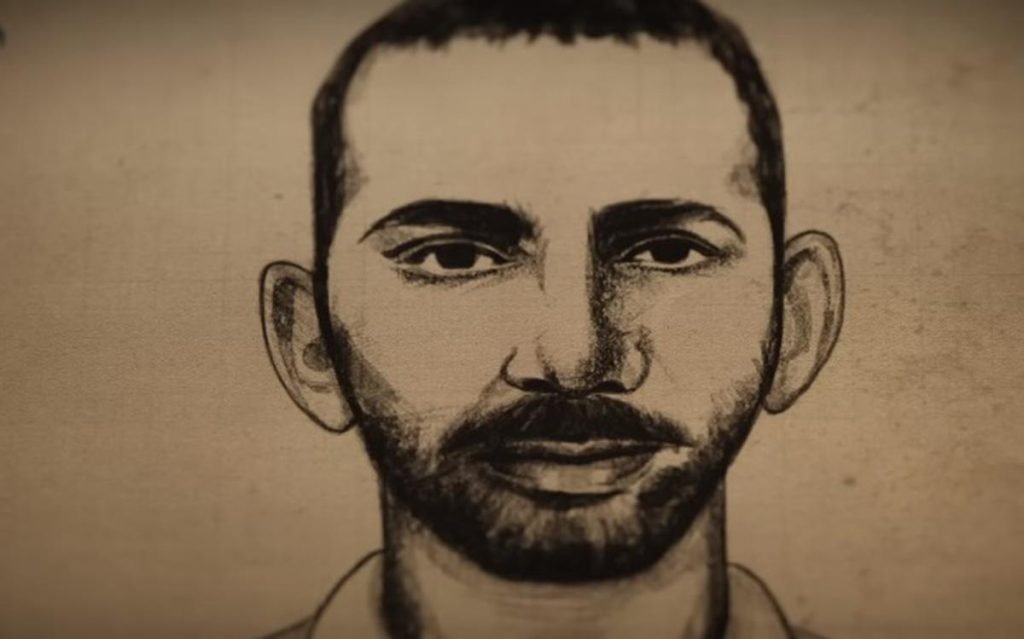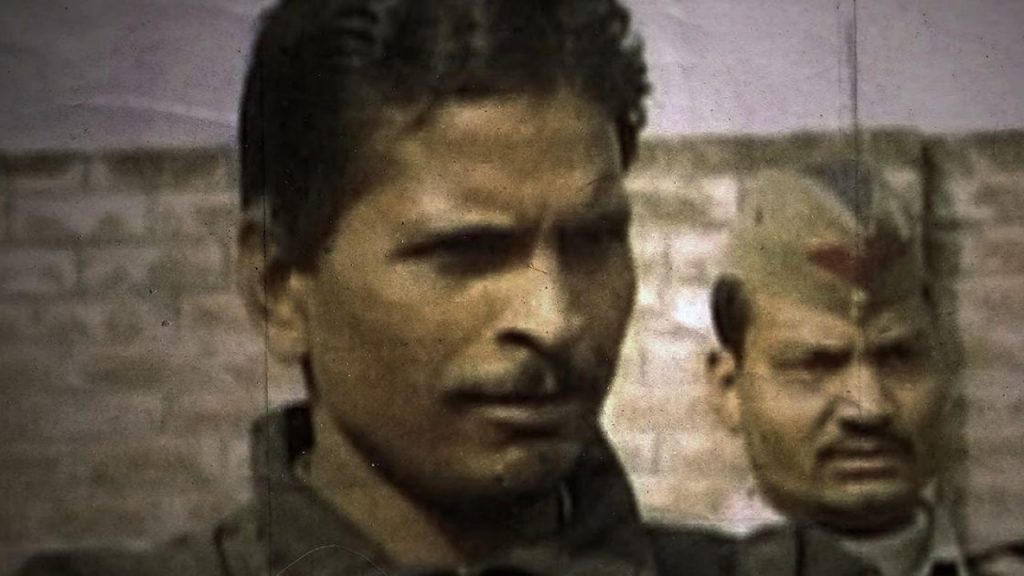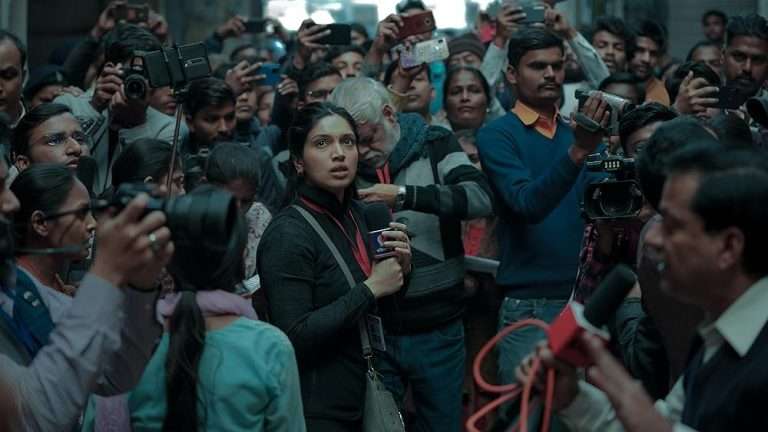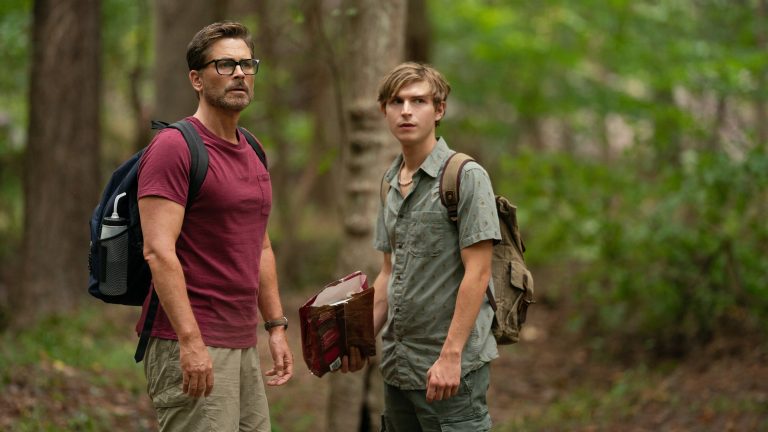Joe Berlinger presents an episodic account of the blatant confession and inquest into the contorted psychology of a politely gruesome murderer in his latest outing Conversations with a Killer: The Jeffrey Dahmer Tapes. A few weeks before the release of this docu-series, a fictional series Dahmer – Monster: The Jeffrey Dahmer Story (2022) was also released on Netflix. The opinions expressed in various social media platforms viewers on the fictional account of Dahmer expressed varied opinions ranging from a revulsion towards the creators Ian Brennan and Ryan Murphy for graphic detailings to praise for their vision of creating an unflinching account of the bitter reality.
So, what makes us attracted to watch such shows that deal with a such fiendish and satanic version of the human race? Psychologist, Kevin Dutton, in his book The Wisdom of Psychopaths, argues that there are indeed “functional psychopaths” among us―different from their murderous counterparts―who use their detached, unflinching, and charismatic personalities to succeed in mainstream society, and that shockingly, in some fields, the more “psychopathic” people are, the more likely they are to succeed. So, we can derive the conclusion that a series whether fictional or non-fictional digs out the dark recess of our minds, which we are unwilling to tread. We prefer to keep that area undiscussed. Thereby, when this kind of series of serial killers provides us with a reflection on how humans can go to the extremities of insanity and underneath lay a misshapen mind, we are tempted to watch them.
Check out these titles below that raise the question: Where is the line separating good from evil, and who is in danger of crossing it?
The Confession Killer (2019)
Here the serial killer in question is Henry Lee Lucas, who lost one of his eyes after a fight with his brother. His mother who worked as a prostitute would forcibly put him through embracing situations such as compelling the young Henry to watch his sexual activities with clients and cross-dress in public ceremonies. The timeline for this five-episode documentary series goes back to the 1980s when Henry confessed to murdering hundreds of people and got sentenced for his crime. The grieving family as well as the administration were relieved to find a resolution. But the situation took a drastic turn when attorneys and journalists discovered a discrepancy in the period of these crimes. Even the DNA testing proved that Henry was not the criminal and his confessions were false.
The filmmaker duo Robert Kenner and Taki Oldham provide the viewer with a chilling study of an evil character and his dominant personality and his victims. Without getting excessively violent, director Kurzel manages to paint a truly horrific picture. It is a distressing and almost unbearably painful and frightening documentary about a psychopath. There is no way to understand Henry. He is quite bluntly an evil man. However, although some of the imagery is very unpleasant it isn’t as overly graphic as it could have been. The tone of the film is the unsettling presence and it succeeds to a chilling degree. A film to admire and respect enormously, but no one can say this is enjoyable. Good yes, but enjoyable never.
Conversations with a Killer: The Ted Bundy Tapes (2019)
In this four-episode-long documentary series, two journalists embark on a mission to unearth the undiluted version of the motives behind the murder of Ted Bundy. Narrated by the notorious killer himself, the series provides shocking insights into the killer’s confessions before his death in a Florida electric chair. The key turn in the narrative occurs when a woman manages to escape Bundy’s killing spree in Utah. After a few narrow escapes, Bundy is finally caught and brought to trial. What gets revealed thereafter, is a unique, horrifying self-portrait of one of the most savage sex killers in history.
The filmmaker, Joe Berlinger, does not take the textbook approach to humanize Bundy. It is one of those true crime genres that do not compel us to consume tragedy and turn murderers, victims, and loved ones left behind into characters, with whom we empathize. At the same time, Berlinger does not shy from showcasing how the Bundy murder trial transforms into an outlandish media circus and illustrates the deadliness of prejudicial policing. Rather than announcing what kind of show it wants to be it genuinely interrogates the depraved behavior of a serial killer. In the treatment of each episode there is sensitivity and care rather than mere gestures and thereby honoring the victims’ lives. Overall, it is an excellent, riveting long-form dramatization looking into the twisted, dark soul of the serial killer and the world he inhabited. The show seeks to offer some understanding of his character, not to excuse or commune with it.
The Ripper (2020)
The Ripper is a four-part docuseries about a serial killer who terrorized England during the 1970s. The treatment of the series provides an unflinching account of the killings that shook the society and christened the largest manhunt in British police history. With clinical precision, the series navigates into the crimes committed during a phase when Britain as a nation was undergoing a radical change in terms of its socio-political environment. After the brutal murder of thirteen women, a police investigation begins that proves their inability to nab the killer. It becomes such a vicious environment that suspicion was looming large in the air. Every British citizen came under the needle of authority’s suspicion.
The director duo Jesse Vile and Ellena Wood is the guiding mind behind this series. Their unique approach to handling the material gives us a thorough insight into the profile of an admittedly dangerous killer. He is a victim of his possessed distorted personality, we get monsters. They have inculcated such devious habits that we don’t like them at all. We never empathize with the killer because he is not a likable mass-murderers. The series also makes a stern criticism about an unsparing portrait of the misfortune and depravity that waited for anyone who fell through the cracks when the rest of the country was trying to move forward. As somebody inclined to understand deviant behavior, this show provides a deeper understanding of criminal psychology. He is an evil who challenges the idea that those who refuse to play by the rules are always heroic.
Night Stalker: The Hunt for a Serial Killer (2021)
In this four episodes documentary series, a pair comprising of young detective Gil Carrillo and homicide investigator Frank Salerno are put into a difficult situation where they are running out of time to arrest a nocturnal monster. The criminal is responsible for a series of seemingly disconnected murders and sexual assaults in 1985 Los Angeles and should be immediately grabbed. The name of the serial killer is Ramirez, who became popular as Night Stalker because the media were unable to get any concrete evidence about him and used the sobriquet for their convenience. As a tactic, law enforcement and the media publishes the killer’s photo in every newspaper and that is how he gets caught. The investigative procedure and extensive manhunt leave an indelible scar in the lives of the investigator.
In one of the episodes, Ramirez does not kill his victim named Anastasia. He drops her at a gas station and asks her to call 199. This deviant act from a cold-blooded serial killer remains an enigma throughout the series and probes us to delve into the mind of the killer. This act of kindness probes us to think that for Ramirez the rules are there for a reason. At the same time, the docu-series also emphasizes the plight of the investigators, Carrillo and Salerno, and humanizes them to a large extent. It is really scary to think that during the investigation Carrillo’s family had to go into hiding to evade the wrath of the killer.
Memories of a Murderer: The Nilsen Tapes (2021)
Serial killer Dennis Nilsen was a Scottish serial killer. He created havoc in London from 1978-1983 by murdering at least twelve young men and boys. He was also a necrophile. In this eighty-four-minute-long documentary, he narrates his life and horrific crimes through a series of chilling audiotapes recorded from his jail cell. As the narrative moves forward we are informed how Nilsen used to lure young men to his home with the promise of unlimited alcohol, a friendly conversation, and amicable comfort. Once the victims are intoxicated he would strangle them and dispose of their bodies in unimaginable locations such as under the floorboards. At times he would not hesitate to burn corpses in his garden. He would also follow the practice of spreading talcum powder over the dead bodies and his own as if the murders are akin to communion with care.
Just within the first episodes, we get the impression that it was going to be a great watch, and we are in for even better character development. The tapes reveal that this documentary is about human behavior to know why a person behaves in a certain way in a given environment. It is about questioning your thought process. The shrill voice of Nilsen at times sends a chill down our spine and gives the impression of his brutal mindset. It also implies how his distorted emotional and mental behavior compelled him to commit such murders. There is a slickness with which the material has been handled by the filmmaker Michael Harte, which works in favor of the documentary.
Conversations with a Killer: The John Wayne Gacy Tapes (2022)
As the title suggests, these three-episode docu-series, showcase the murderous spree unleashed by the serial killer John Wayne Gacy, who had created terror in Chicago, Illinois between 1972 and 1978 by killing numbers of teenage boys and young men. As the narrative unfolds we discover that John use to work as a part-time clown who displayed a smile to veil his demonic interior. Like every other serial killer, he would prey upon the weaker souls. While John continues with his confession with unflinching details, he also misguides the police with his anomalous behavior and diverts the course of their investigation. But the major twist in the story happens when John’s lawyer tries to protect his client on the grounds of the insanity defense. The policemen are then saddled with the mammoth task of identifying each of the monster’s victims.
The creator of the docu-series Joe Berlinger highlights how the socio-cultural scenario in America of the 60s and 70s abhorred same-sex romances. This resulted in forming a biased attitude in society and so it took so long for the administration to nab the culprit. Undoubtedly, the series is meticulously researched and the interviews are intensive. However, as the documentary reaches its end it gives an impression of how exploitative the filmmakers have been to the archival materials and yet the plight of the character and his escaped victims resonates in our minds after the end credits. But I would not hesitate to opine that so far, this has been the most satisfying and gurgling experience of watching a non-fiction series on a serial killer and their confessions on tapes. It is Berlinger’s best work to date.
Indian Predator: The Butcher of Delhi (2022)
The last two docu-series I would like to include in this list are about Indian serial killers and their heinous acts of crime are as atrocious as killers from other parts of the continent. The Butcher of Delhi narrates the murderous spree created in the metropolitan of Delhi in the early 2000s by a migrant worker from Bihar, Chandrakant Jha. His modus operandi was to mutilate the bodies of his victim and neatly pack the bloodied parts and keep them at the entrance gate of Tihar Jail, accompanied by an insultingly challenging note. Jha did this on purpose to exact revenge on one of the police officials who had tortured him inside the jail while he was serving a sentence.
The director of the series, Ayesha Sood, uses the device to recreate the horrific moments through the dramatization of the events with the actors. She also interviews individuals from members of the administration to people from his village, to provide as much information to provide us with a riveting viewing experience. Throughout three episodes, we not only delve inside the troubled and disturbed mind of Jha but also get an insight into how he develops into a barbarian. The series has a story that is bone-chilling due to the ordinariness of the circumstances involved. More than the tale itself, it is the manner of telling that is the key. The show also criticizes how law and order should put more emphasis on the vigilance of its ordinary citizens.
Indian Predator: The Diary of a Serial Killer (2022)
The Diary of a Serial Killer is the tale of a usual serial killer who took perverse delight in relishing soups made from boiling the brain of his victims. Ram Niranjan, who preferred to be addressed as Raja Kolander, had maintained a diary that consists of all the names of his victims. The events in the film unfold in the 2000s when a journalist working in a local newspaper disappears during the Maha Kumbh festival, without any trace. Based on a complaint raised by the family members of the missing journalist, the police begin an investigation. Through the telephone call records of the journalist the culprit, Kolander is caught without much difficulty. As the interrogation continues, horrific details of the killings are revealed.
One of the discerning impacts of this series is the interview of Kolander by the team of filmmakers within the confinement of the prison walls. How speaks to the viewers reveals a calm interior. It becomes difficult to decipher if the brutal killer is framed by the media circus or if is he trying to fool us with his calculative and manipulative demeanor. Combining a dense but understandable and often engrossing exposition of social psychology research with an impassioned moral seriousness, the filmmaker, Dheeraj Jindal, challenges viewers to look beyond glib denunciations of evil-doers and ponder our collective responsibility for the world’s ills. Jindal further confronts our hidden motives directly – to track down the darker, unexamined corners of our psyches and blast them with floodlights and makes the series worth a watch.

